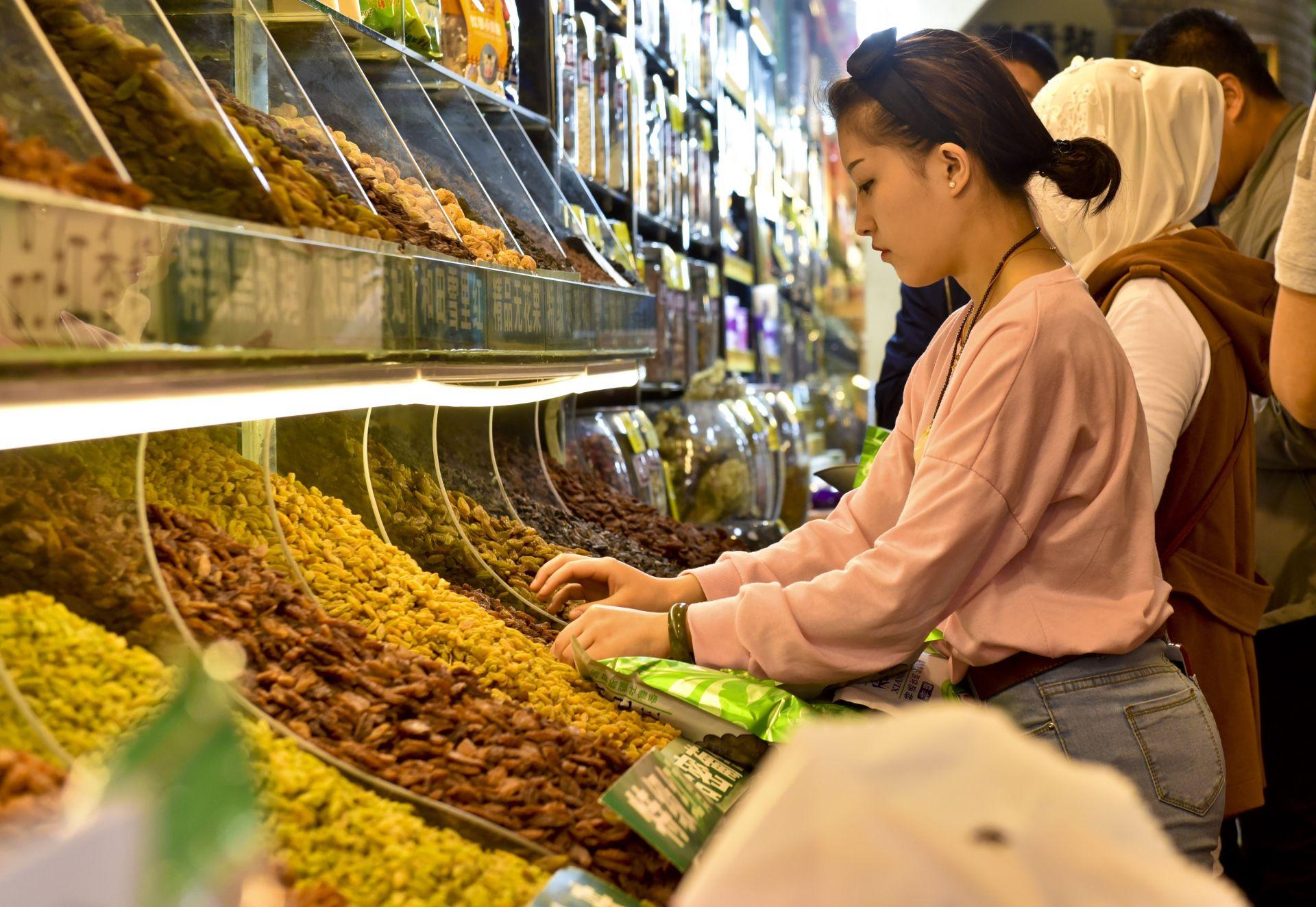URUMQI, June 12 (Xinhua) -- For Zhao Lei, who works in an international freight forwarding company in northwest China's Xinjiang Uygur Autonomous Region, his job offers more than a salary, it enables him to make friends from Central Asian countries.
With trade getting closer in recent years, their get-togethers are becoming increasingly frequent.
On the southern border of Xinjiang, three ports, Turugart, Erkeshtam and Karasu, between China and Kyrgyzstan and Tajikistan, saw large quantities of goods cleared by customs every year.
In August of 2016, live donkeys were imported for the first time from the Erkeshtam port. As of May this year, nearly 50,000 live donkeys had been imported, with a trade volume of 28.61 million yuan (about 4.14 million U.S. dollars).
In the first five months of this year alone, a total of 5,250 live donkeys had been imported.
With the Belt and Road Initiative, the trade between Xinjiang, Kyrgyzstan and Tajikistan has continued to develop.
Zhao, who is responsible for handling customs declarations at the Karasu port in Kashgar, started working there in 2015. Over the years, he has made many Tajikistan friends.
"Every time they come to Kashgar, I invite them to restaurants," Zhao said.
His agency handles the declaration for many commodities such as clothing and toys shipped from eastern China's Yiwu, Urumqi to Dushanbe, the capital of Tadzhikistan through Kashgar.
According to the statistics by Urumqi customs, in the first four months of 2019, trade volume between Xinjiang and Tajikistan remained flat compared with the same period last year, while imports rose by 6.6 percent.
Xinjiang's export of mechanical and electrical products, agricultural products, fruits and nuts to Kyrgyzstan also increased significantly, according to the statistics.
"Our company has developed many clients over the years," Zhao said. "We expect the business to continue expanding in the future."




 A single purchase
A single purchase









